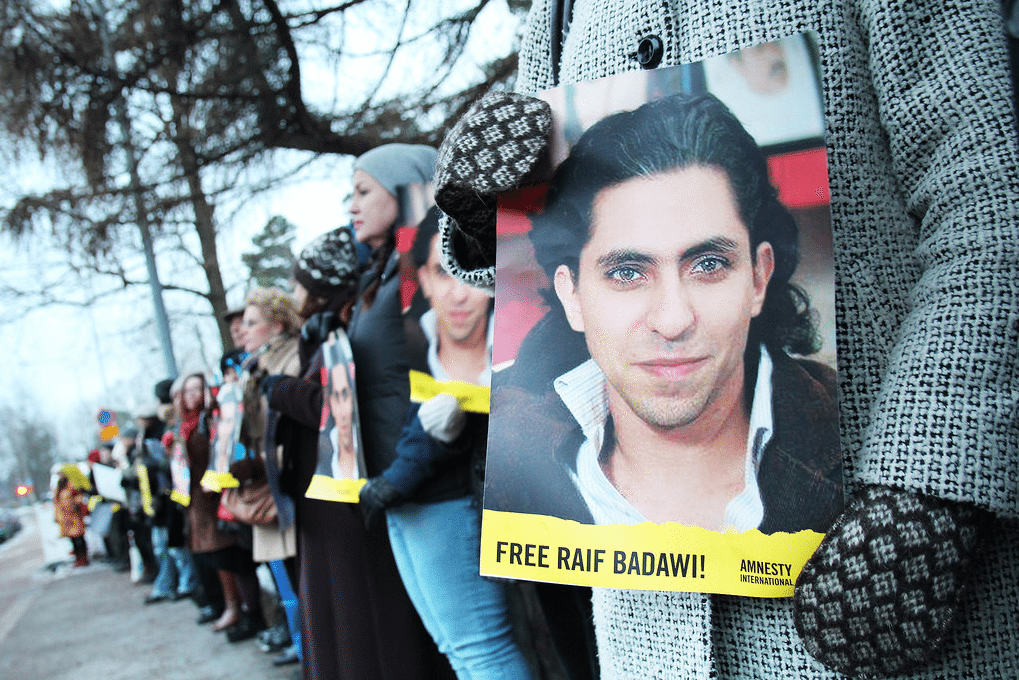Human Rights
Western Leaders Can No Longer Ignore Saudi Atrocities
Western leaders who claim to be progressive, compassionate or 'feminist' are placed in awkward situations when the atrocities of their ally are broadcast on a weekly, almost daily basis.

“I believe men and women should be treated equally,” said David Cameron in 2013. “If that’s what being a feminist is, then yes I’m a feminist”.
It is ironic that Cameron uttered these words in 2013, as it was the same year in which the UK made a secret pact to elevate the most misogynistic regime in the world to the UN Human Rights Council. Saudi Arabia has an abominable record of oppressing women. The World Economic Forum’s Gender Gap Index in 2012 ranks Saudi Arabia 131 out of 135 countries.
Yet cables obtained by Wikileaks show that the UK and Saudi Arabia traded votes in order for each country to secure a position on the Human Rights council as recently as 2013.





